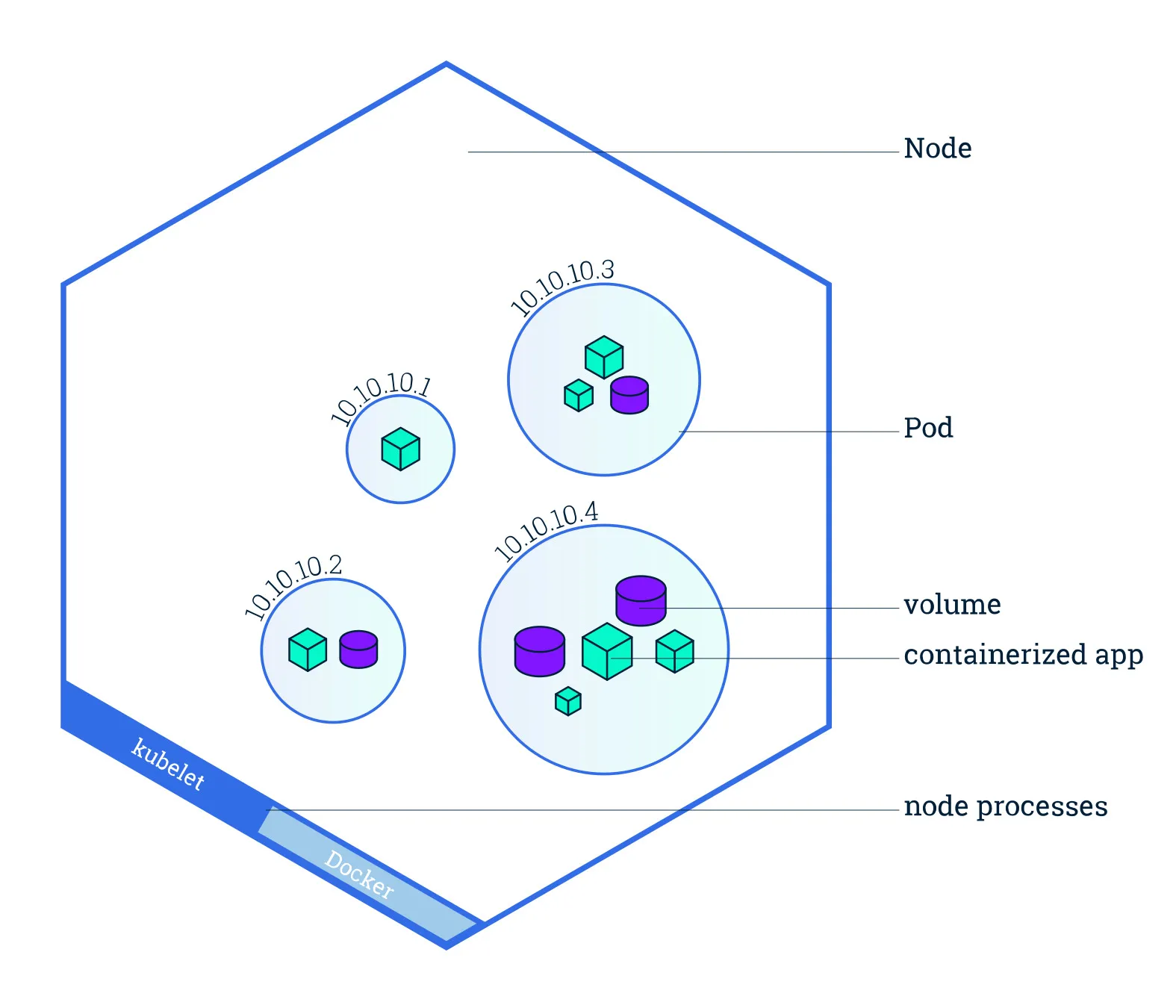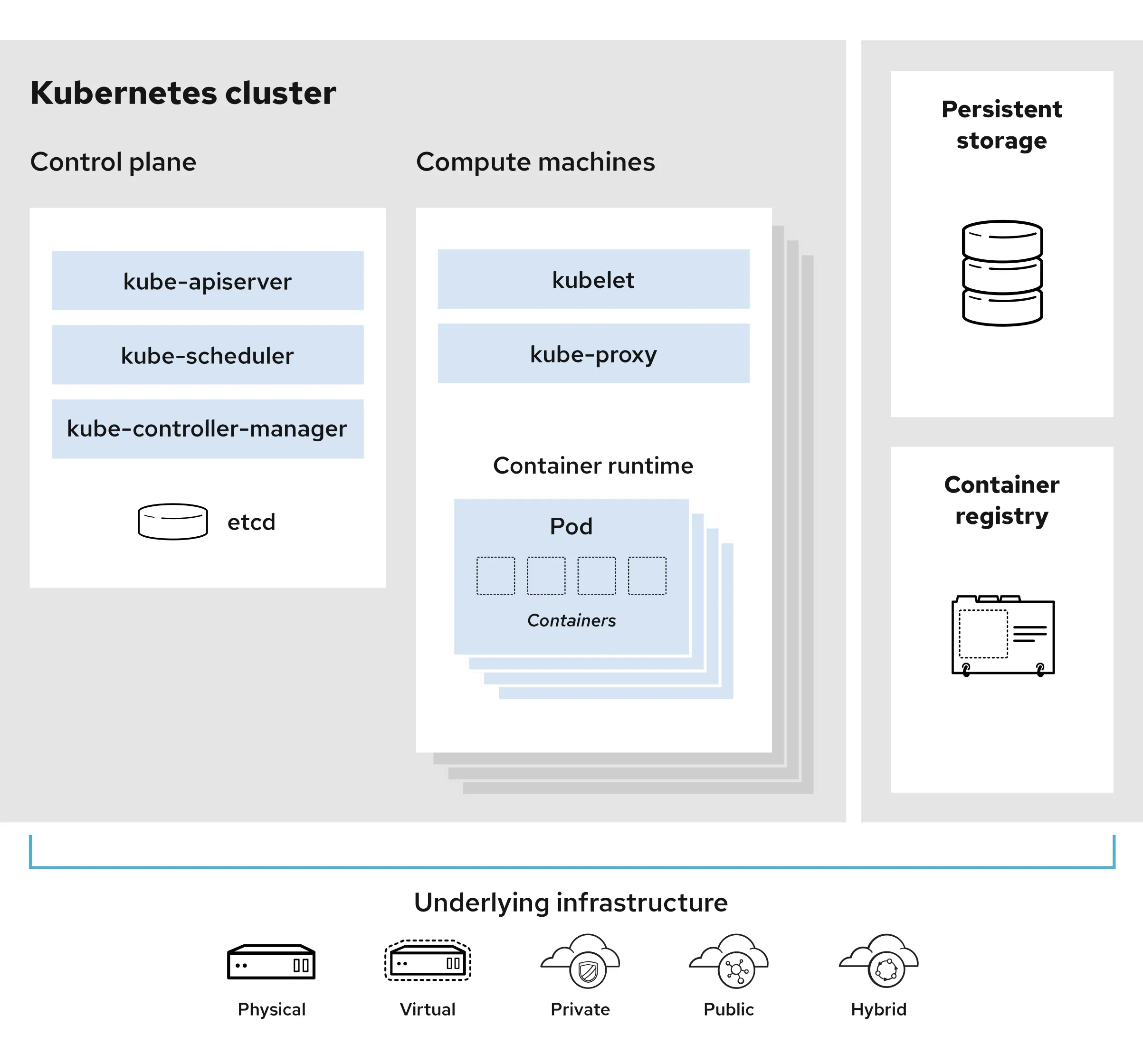Kubernetes is an open-source solution that automates the deployment, scaling, and management of containerized applications. It serves as an abstraction layer, automating many of the manual processes involved in these tasks.
PODs
In Kubernetes, a POD is the smallest deployable unit that you can create and manage. A Pod can consist of a single container or multiple containers that are designed to work together. Containers within a POD share storage and networking resources, which facilitates easier communication and data sharing between them. This arrangement is similar to how applications on your computer share system resources. We can say that a POD consists of one or more containers that share certain namespaces..
Some good reads:
Networking between PODs
Containers in a Pod share the same network address (IP address) and port space. Thus, they can communicate using localhost, the standard hostname that refers to the current machine. For more details on container-to-container communication within the same Pod, consider reading:
Node
A node in Kubernetes is a physical or virtual machine that provides a Linux environment for running applications. It hosts PODs and includes essential services like the kubelet and a container runtime.

Some good reads over here:
What is a Kubernetes Cluster?
A Kubernetes cluster is a group of one or more nodes with running pods. Within the cluster, the Kubernetes control plane manages nodes and pods.


